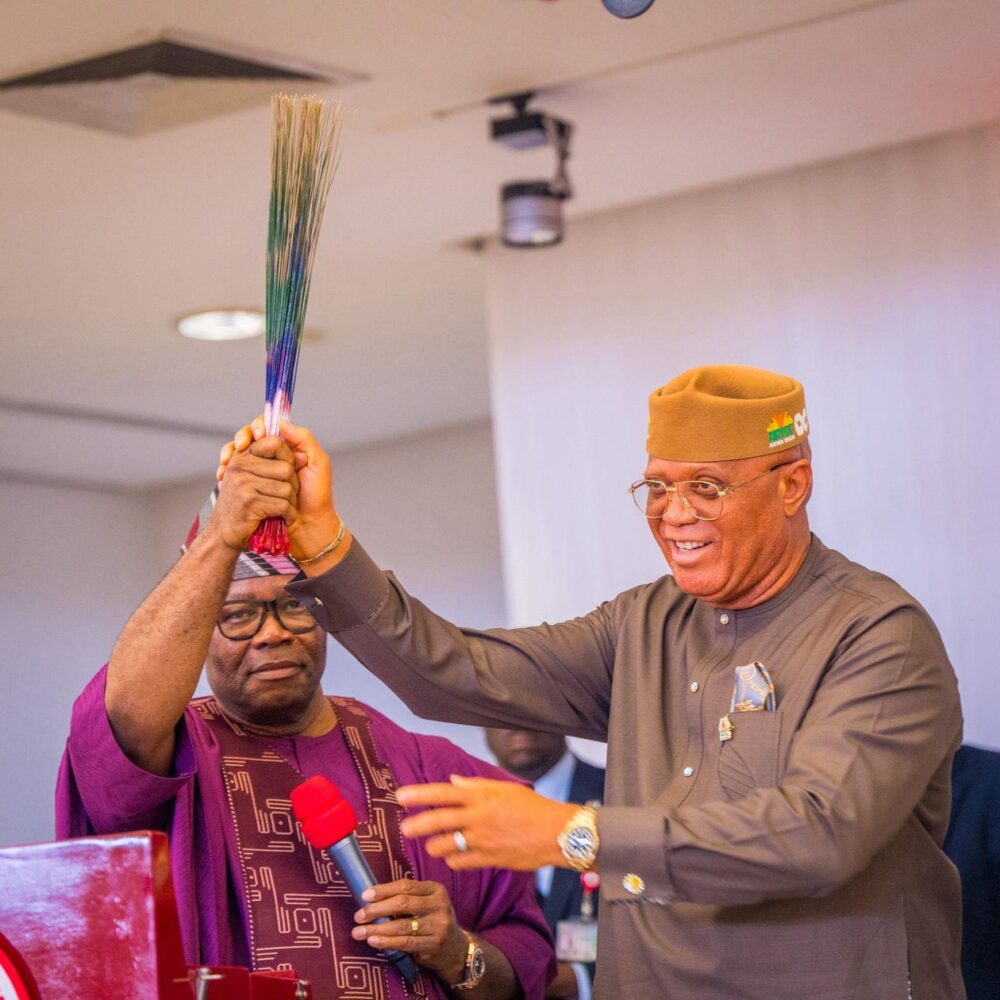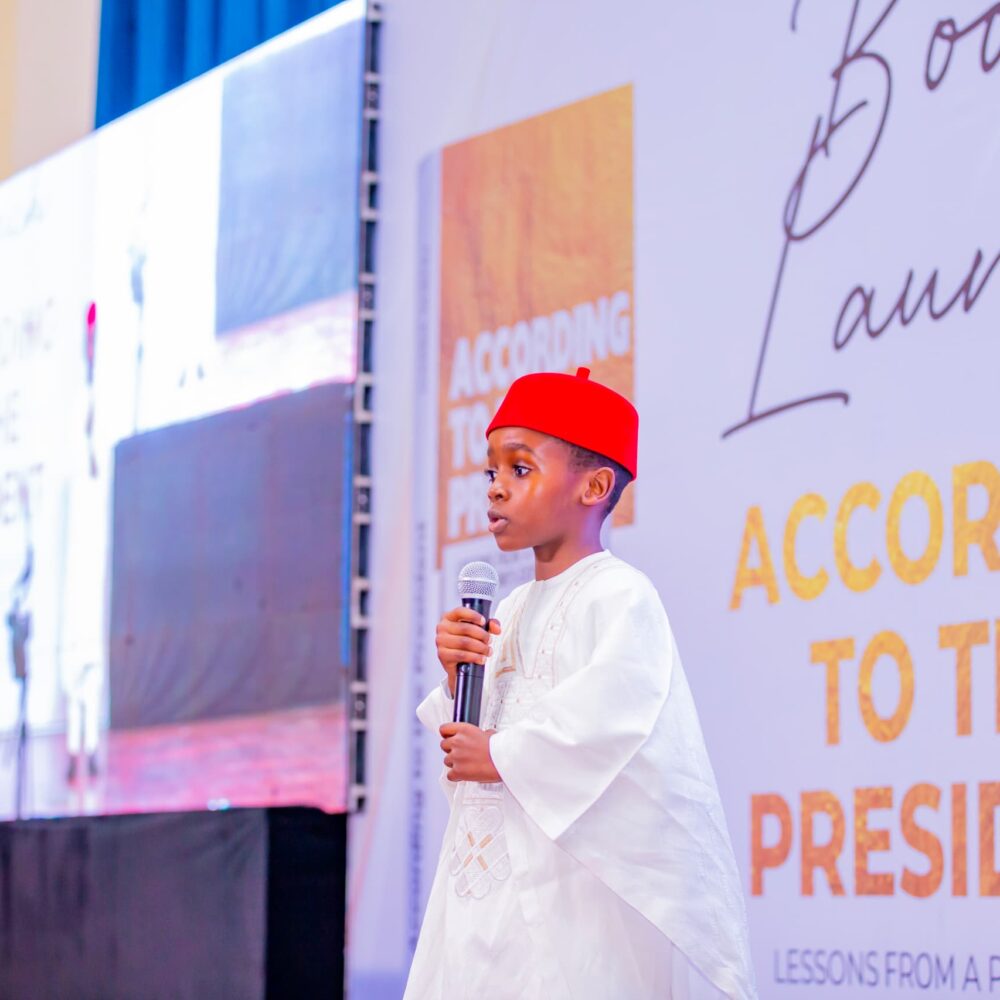The characteristics below are unwaveringly related to a servant leader and good leader.
It is worth to pay attention to these and take them into consideration when we’re making a choice as to whom we chose as a leader.
#A_GOOD_LEADER:
Is fair and objective. A good political leader does not take what is similar to his views as facts and base his decisions on that. He uses reliable and unfiltered information to make judgments and to come up with resolutions. In other words, he stands above his own believes to observe events objectively while the general public fails to do so. In addition, he does not suffer from a self serving bias.Is moving above himself and serving the society. A good leader stands above any specific religious or political views of his own and is independent of any attachment to a specific agenda. His personal beliefs become his private matters and he learns to leave them out the door once he steps into a leadership role. In other words, his belief expands so that it includes everyone’s beliefs.Is not seeking fame and attention: A good leader has been able to move above and beyond any egoistic and primitive need for power, attention, or establishing his personal agendas and works with the intention of good-for-all.Is not into hiding the truth for the sake of looking good. A good leader says it as it is even if it feels uncomfortable for many to hear it. He is not a people pleaser in a sense that he would say anything to please others even if that means manipulating or misguiding the public. It takes a lot of courage to do this and a good leader has that courage.Is focused on specific, achievable, and measurable goals and demands outcomes. A good leader is focused and does not get distracted. His goals, whether small or large, are reasonable and achievable and are directed towards the long term results not quick and temporary fixes that may backfire.
MY PLAN TO PREPARE YOUNG PEOPLE FOR JOBS OF THE FUTURE
With the world changing as fast as it is – industries rising, evolving and crashing; technology leading to more efficient, effective ways of doing everything; globalization interconnecting us all; and a whole new generation emerging and entering the workforce – how do we best ensure young people are prepared for the world of work from here forward? Keep in mind that along with the jobs being phased out, countless more jobs don’t even exist yet.
In order to create employment for those who are graduating, it’s important for us to review a system that has become antiquated. Even more critical, however, is to note that our current models of education, career planning and job searching are not just in need of a facelift – we need a major paradigm shift in how we think about training our emerging workforce and the skills they need to have to be relevant, let alone have a chance at being wildly successful.
But we do not need to wait for this shift in order to start teaching the new rules of success every day, in every forum, and every possible platform and channel available to us. It can be done in simple conversations or formalized programs – everyone can play a role in training our young people; they are, after all, our kids, cousins, neighbors, friends, colleagues and employees. The bottom line is that we can all ensure this emerging generation is primed for success, and it’s in our best interest to do so. Our future depends on it.
The following 10 skills are most vital to young people entering the workforce:
#AMBITION
Ambition changes the opportunity outlooks for a young person dramatically. Employers are increasingly looking to hire for attitude and train for skill, so cultivating ambition and an eagerness to learn and do well are really Step 1 toward a solid future. Young people who are hungry, interested and engaged are infinitely more employable, and when they have a passion for achievement, there are no limits to what they can do. Rather than just hire warm bodies, companies would much rather choose people who show promise and a solid foundation.
#VALUE
Understanding what it means to add value to a company or organization is a fundamental question that should be answered by anyone looking for work, along with appreciating why that’s an important question in the first place. Employment is an earned privilege, not a right – even with a fancy diploma in hand, there are no promises or guarantees. People are typically the biggest expense in any organization, and those who add most value have the best job security. Those who don’t usually don’t stay employed for very long. In a corporate world that is looking more than ever before at operating lean, it’s no longer possible to hide and not contribute to a company’s financial well-being.
#ARTICULATION
The vast majority of young people struggle with explaining what they want to do, what work-related activities interest them, what transferable skills they have, and which industries or positions might best suit them. As a result, when they set out to market themselves, or interview with potential employers, they offer little useful information, and instead rely on those doing the hiring to find the right fit and figure it out. Recruiters are not career counselors – selling oneself in the job market is the responsibility of the seeker! Relying on our institutions or parents to “place” young people in jobs is a practice fraught with problems, and enabling entitlement or minimizing the importance of self-sufficiency – or the fortitude to secure meaningful work – are only a few of the drawbacks. Teaching people to pitch themselves effectively early in their working lives enables them to find employment on their own over a lifetime.
#SKILLS
The basis of any solid employment marketing campaign (job search) is the actual skill base a worker presents to potential employers. At the most fundamental level, soft skills like interpersonal communication, the ability to speak and write correctly and present ideas clearly, are the areas most often cited when employers discuss the downside of hiring young people. Dressing appropriately (highly subjective these days) is also considered a critical part of communication. So despite the constant “communication” through technology that has dominated young lives, they are at a massive disadvantage because in person those soft skills are not present.
#EXPERTISE
Besides being a good person to work with and around, bringing some substantive expertise to the table cannot be urged enough. It doesn’t matter what the topic, as long as it’s valuable in the marketplace (remember the “Adding Value” piece above?). Ideally, expertise is transferable to other applications and industries too – and it’s important to note that attending specialty schools and formal training programs are not the only ways to acquire expertise. It can and should be cultivated constantly, with young people maximizing every opportunity to read, learn, volunteer, train, practice or work.
#TERMINOLOGY
Every industry relies on its own lexicon of terminology to operate and communicate. Often these are technical concepts, processes or acronyms that sound foreign to people new to a field. Teaching young people to learn the language of a given workplace, industry or role is directly related to how smart they will sound and how well they will function in an environment, and dramatically improve their chance of securing jobs because companies will first choose someone who needs less time to be brought up to speed.
#CURIOSITY
When young people are supported in pursuing fields that are of true interest, they are more likely to want to learn more and become well-versed in those areas. Intellectual curiosity leads to better educated and more informed workers, who can quickly cultivate themselves into real talent with a little help. The more inspired and motivated they are, and the more space they are given to explore, create and innovate, the more their potential becomes unlimited. This is an important consideration given that school curriculum often focus on a core set of skills, and other programs such as art, music or other non-academics are eliminated.
MY ARTICLE IS MY AMBITION TO THE GOOD PEOPLE OF SULEJA, GURARA,TAFA CONSTITUENCY.
Hon Yusuf Garba Tagwai is an aspirant for the Suleja,Gurara, Tafa Federal Constituency
#yusuf_garba_tagwai_Dikko





